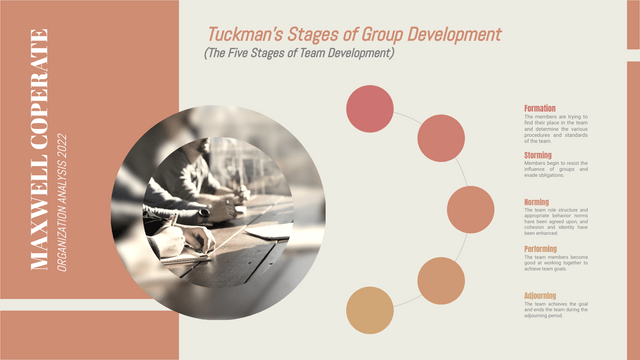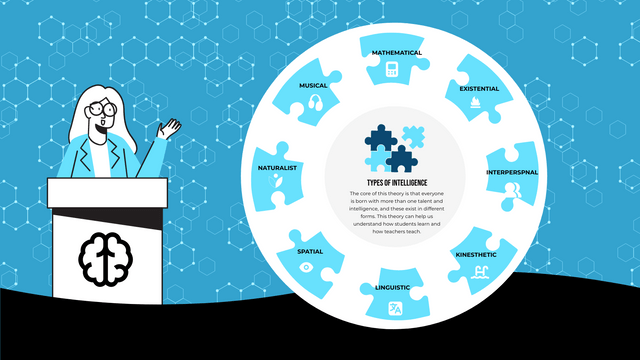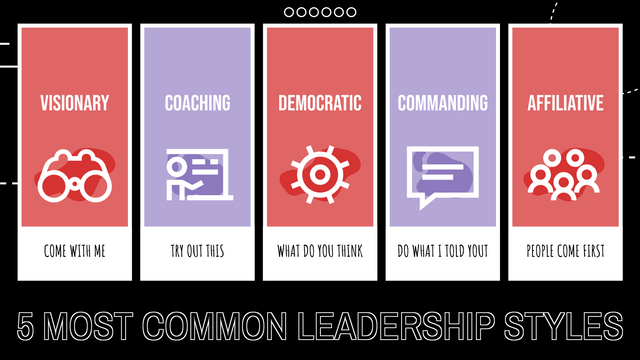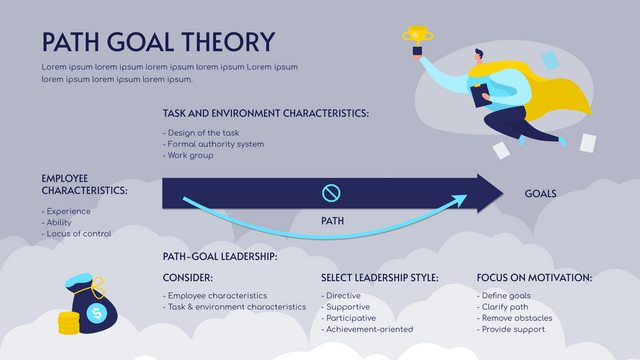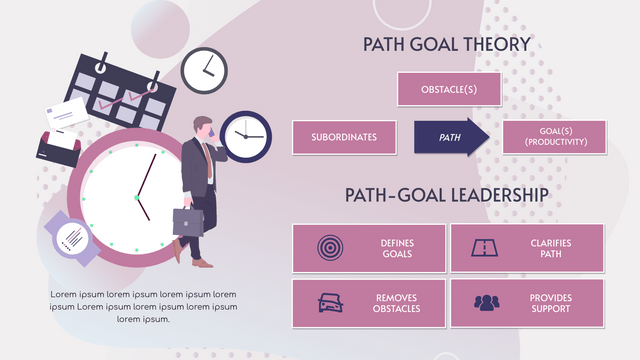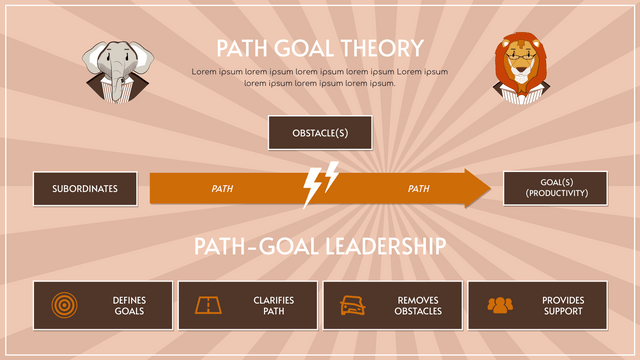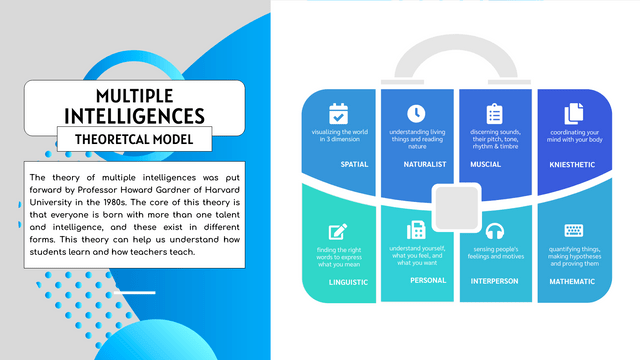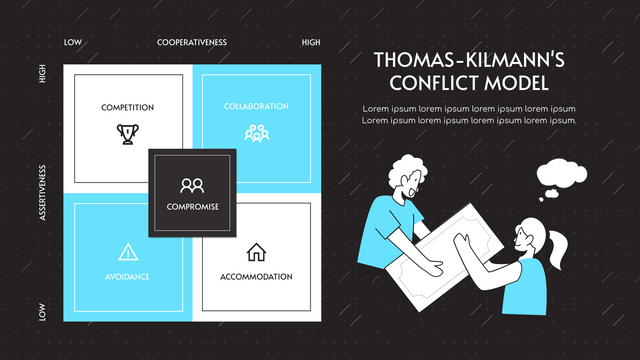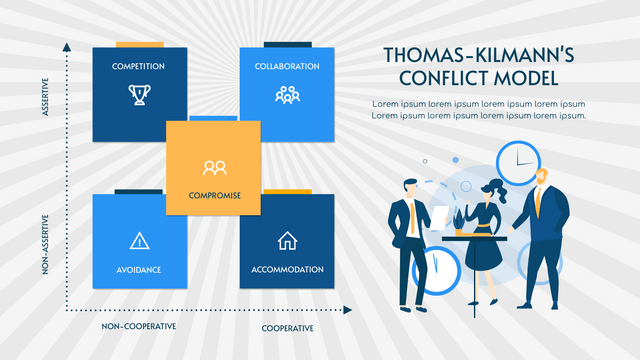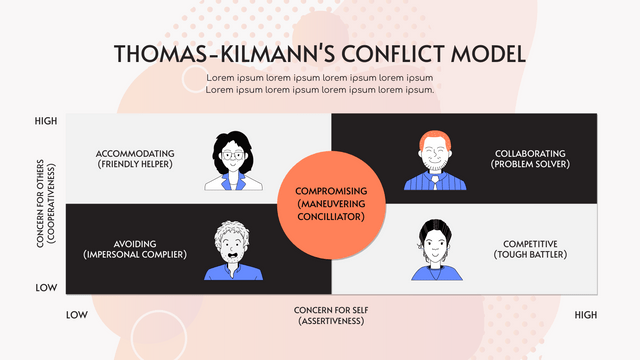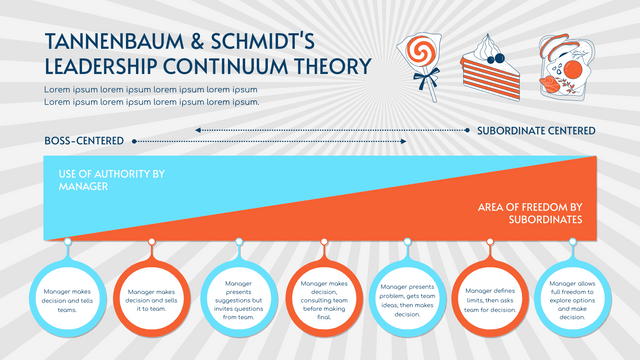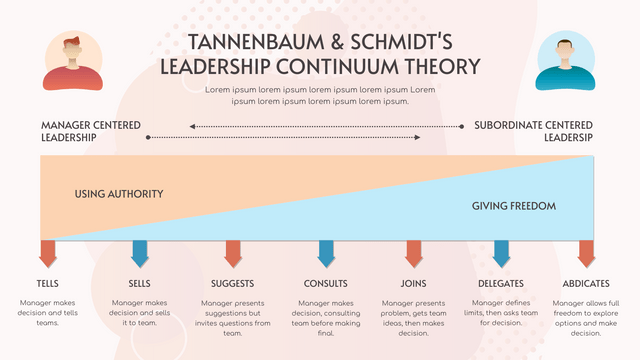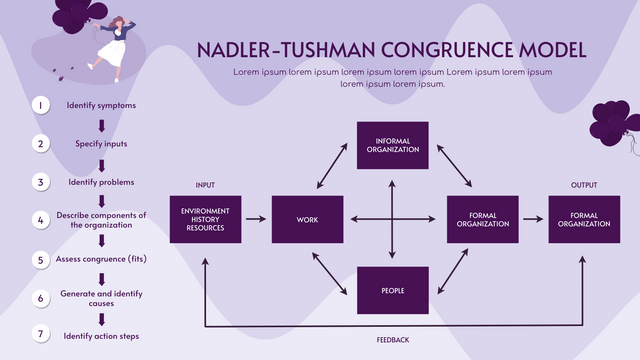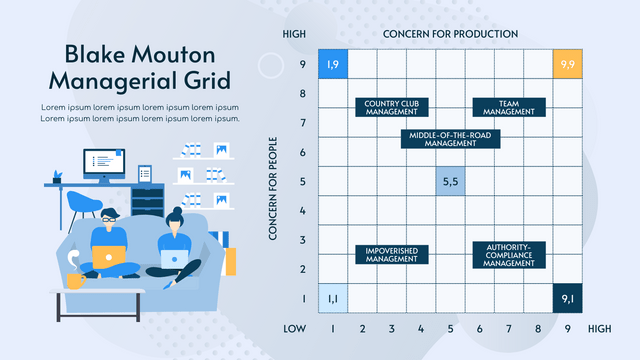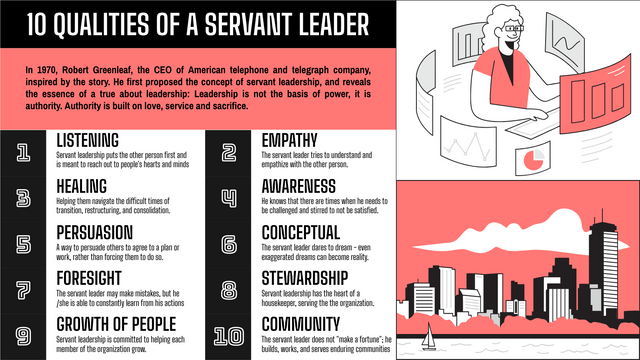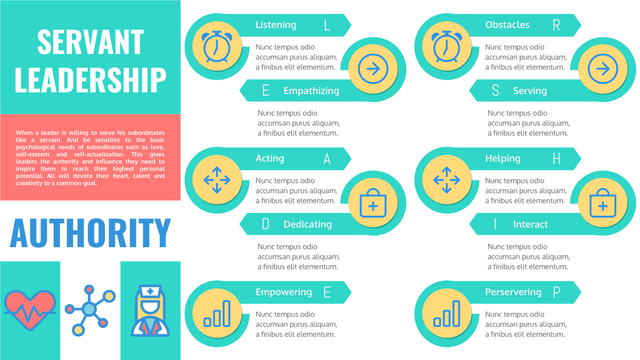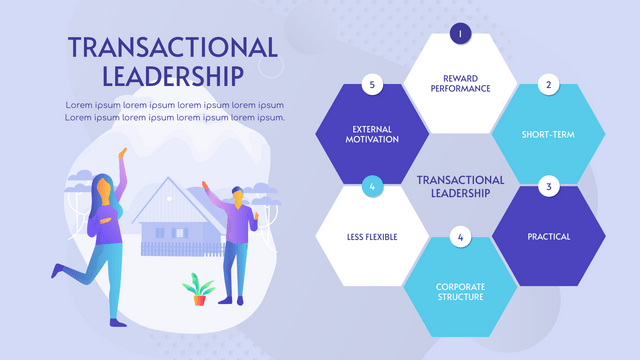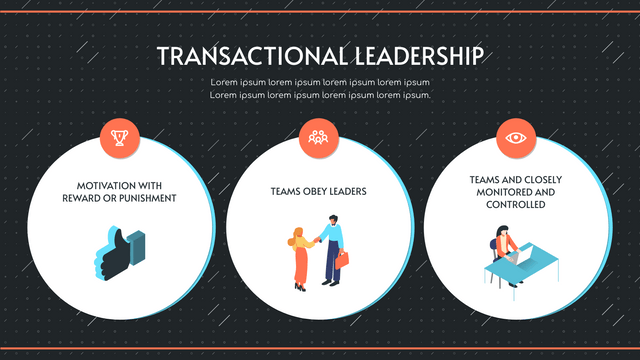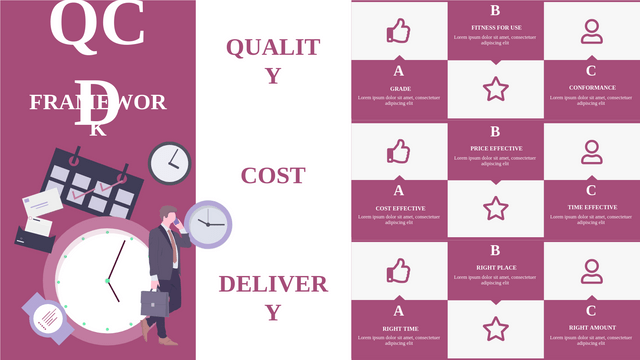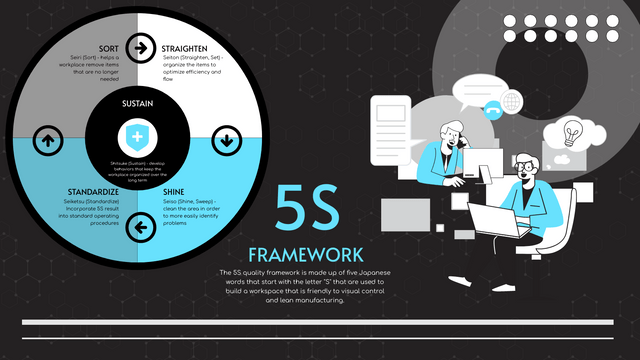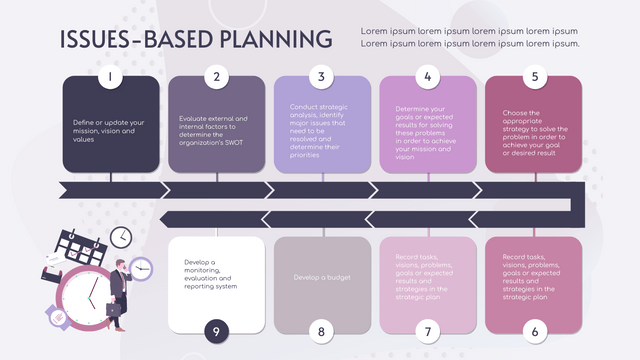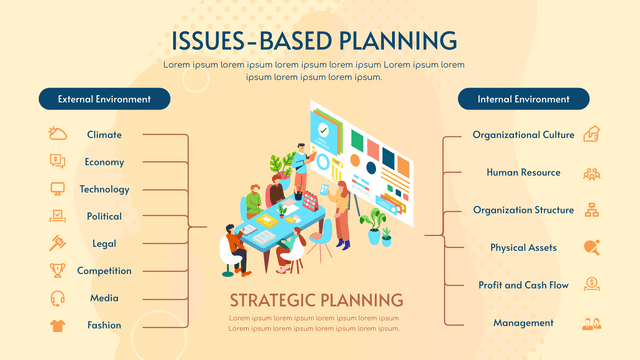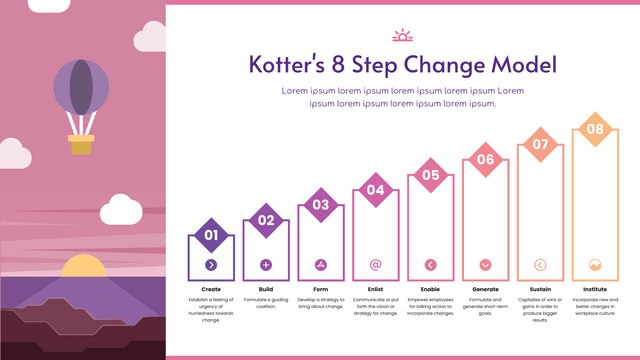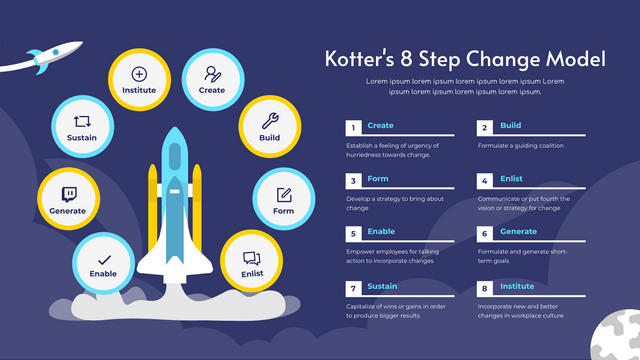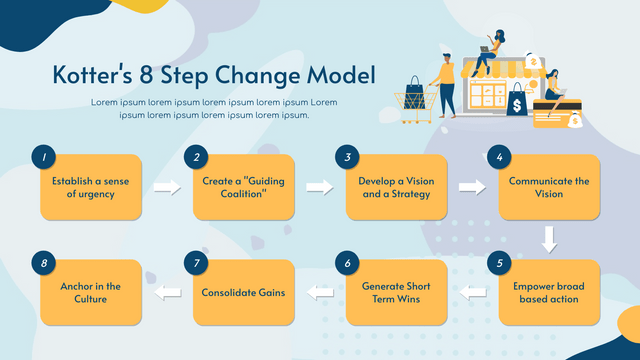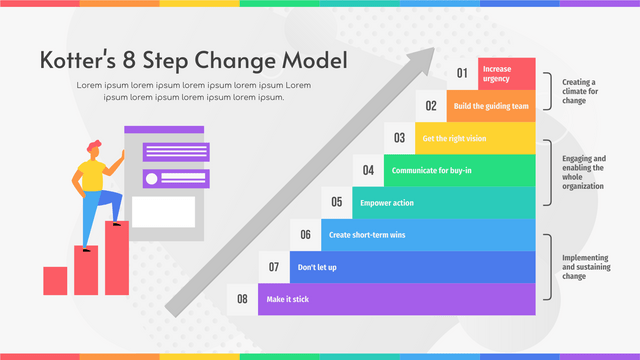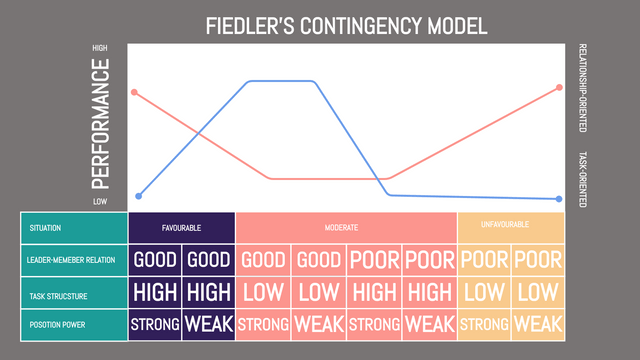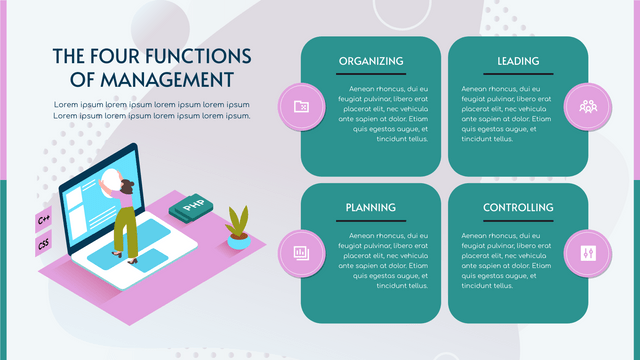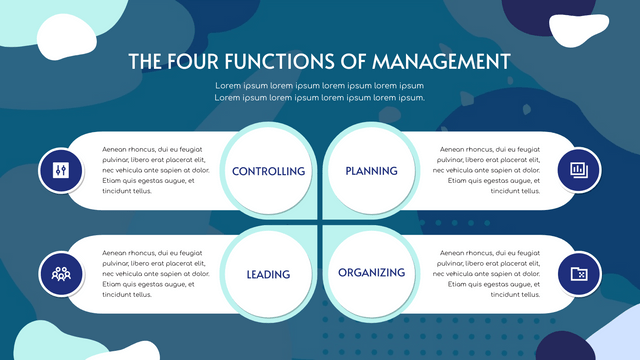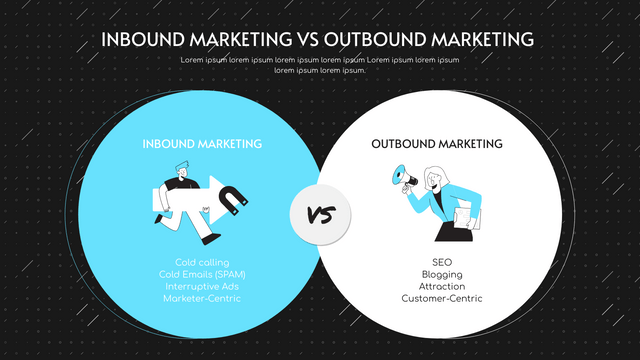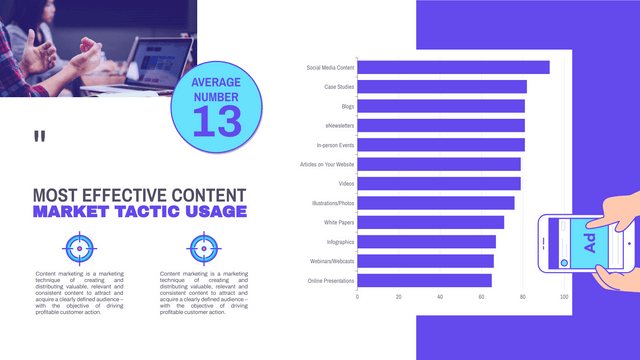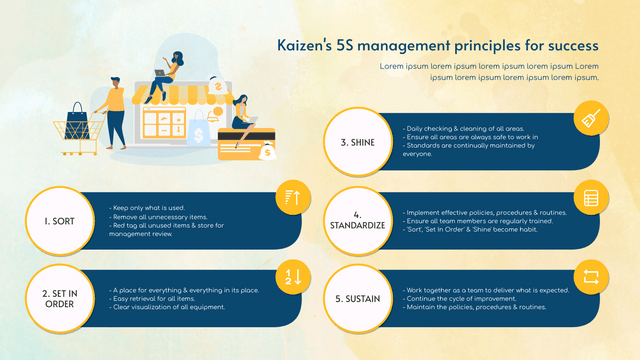French & Raven's Five Bases of Leader Power
The foundation of organizational power structure is based on the five source of power proposed by French and raven in 1959.
As we all know, a person who has a management position must have power. Power is the ability to influence others, or the potential to influence others. If you can influence others, you have power. If you can't influence others, you have no power. To have influence over others, you have to have power. And power comes from five sources.
Formal vs Personal Power
The five foundations of power fall into two categories. Formal power is defined by a person's position in the organization (also known as position power), and personal power is defined by the person's followers.
Formal power
Legitimate power: This legal power is derived from the position in the organization. The higher the position, the greater the legal power. It can be seen as a person's formal or officially defined position of authority.
Reward power: Reward power is the ability to give someone a reward. Controls the resources that are needed and valued by followers. When someone rewards a resource to motivate followers in order to help them achieve a goal.
Coerce power: Where there are rewards, there are punishments. Rewards and punishment are an effective tool for someone to control their followers. Coercive power is the potential to influence others through negative punishment or deprivation of positive matters. In practice, followers should be rewarded more than punished. Eisenhower said, "You cannot lead by hitting people on the head. That is attacking, not leading."
Personal power
Expert power: This kind of power is also called exemplary power. This referential power is expressed when the follower admires someone, or when someone's behavior is a model for the follower. This referential power is based on the followers' welcome, respect, admiration, affection and reverence for someone.
Referent Power: The expert power is the power of knowledge. Some people can influence others through their expertise in a particular area. Some people's expert power does not necessarily have position power or position over others, but others depend on his knowledge, skills, and judgment.
The way you use power will have an impact on your relationship with colleagues, company culture and employee engagement. Before starting any important discussion, it's best to review the various forms of power to make sure you're dealing with the relationship in the best form.
Five Bases of Leader Power Template
Here is a Five Bases of Leader Power template created with Visual Paradigm's online strategic analysis tool. You can customize this template by modifying the text, color and font, and use it in your presentations and reports.


